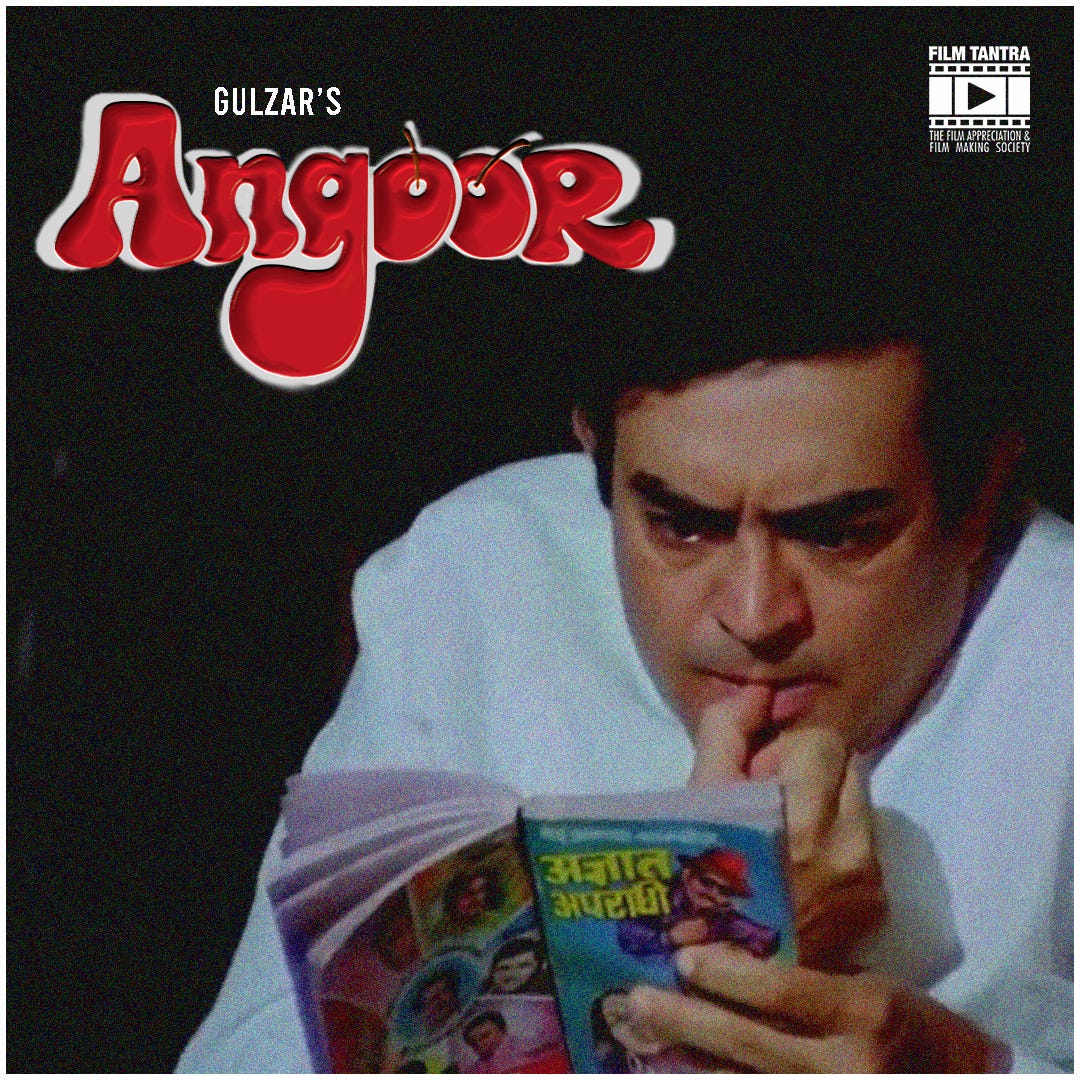Countless Hindi films have been made featuring brothers who get separated in their childhood and get adopted by two different couples. In about all of them, they grow up oblivious of each other’s existence but somehow reunite decades later. Ordinarily, they identify each other through a similar tattoo, a matching piece of jewelry, or sometimes a song the family used to hum together. Their separation could have been due to some violent event, but the more common cause has been a family trip to the Kumbh Mela (a popular Indian fair). No wonder so many people blame Bollywood for their fear of public spaces. Growing up, these children have a wide choice of career options at their disposal. But usually, one of the two grows up to become a police officer and the other a petty criminal. Towering above all these reunions is Gulzar’s adaptation of Shakespeare’s Comedy of errors by the name of Angoor. Which stands apart as the gold standard for situational comedies, featuring not only one but two pairs of identical twins.
Mr. and Mrs. Raj Tilak are doting parents to two newborn sons, identical twins named Ashok (yes, both). As destiny has it, he finds another pair of identical twins abandoned in a temple and adopts them, both of whom he names Bahadur. A shipwreck that follows leaves each parent with one twin from each set. Ashok and Bahadur grew up together, so did the other Ashok and Bahadur in a different town (unknowing of their brothers' existence). Down the years, their lives intertwine when the other Ashok and Bahadur arrive in the same city as their brothers for some business matters. Ashok and Bahadur are married men of simple living. But the other ones are a bit quirky (and bachelor), the other Ashok is a detective novel enthusiast, and his Bahadur shares a similar passion for bhang (an edible form of cannabis). The other Bahadur is convinced that his Ashok's suspicious nature will land them in thick soup sometime soon. However, their acquaintances frequently mistaking one for the other is enough for that. All the bewilderment that follows is nothing but pure comic delight, especially what unfolds when Ashok and Bahadurs’ wives mistake the other ones for their husbands.
With amusing confusions as a base, there is a big bowl of satirical one-liners for flavor. With that a few tablespoons of slapstick comedy courtesy of a list of eccentric supporting characters such as the poet jeweler Mansoor and a teaspoon of peculiar expressions or mannerisms. Lastly, a pinch of memorable music. Gulzar thoroughly stirred up these ingredients and spread them over a couple of hours for the audience to have a gratifying meal, right on the sweet side like angoors. Unlike many other Bollywood comedies, Angoor does not take any cheap shots, nor does it have any double meaning innuendos. Perhaps it doesn’t need to, Sanjeev Kumar and Deven Verma’s crisp comic timing and Gulzar’s dialogue writing are enough to crack me up every time. There are not many examples of a star cast that brings home the bacon in such fashion. Even the supporting cast based around the pair of twins made their mark because of the passionate portrayals by Aruna Irani, Moushmi Chatterjee, Deepti Naval, and several others.
Angoor was a major critical and commercial success in its day, unlike the original film that Gulzar wrote based on the Shakespearean play that was released under the title Do Dooni Chaar (Directed by Debu Sen, starring Kishore Kumar and Asit Sen in double roles as twins) in 1968. The initial effort had gone in vain and Gulzar had unfinished business with the English playwright. One can only wonder why after more than a decade, he chose to remake a flop while many of his contemporaries were always on the lookout to remake previously hit films. Something directors continue to do even to this day. Whatever the reason may have been, I am grateful that he decided to take the leap of faith and break new ground. Art of this kind can always lift your spirits; however high they may happen to be already.
-Written by Akshit Sardana



